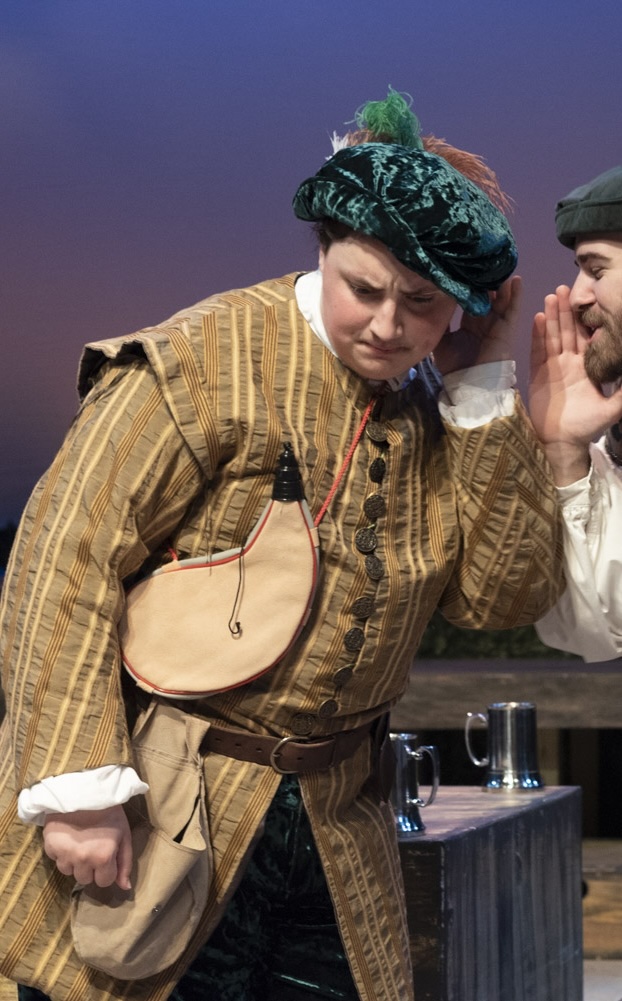
Jayden Wojcik
Actor / Software Developer
Jayden Wojcik is a student, actor, vocalist, and developer. He is currently earning Bachelor's Degrees in Theatre Performance and Computer Science at Siena College in Albany, New York.

Jayden Wojcik is a student, actor, vocalist, and developer. He is currently earning Bachelor's Degrees in Theatre Performance and Computer Science at Siena College in Albany, New York.
Since beginning my studies in the arts at Siena College, my work has pursued two main objectives: to poke notice at active issues in American Society (such as social injustice and political statements) and for discovering new topics that fascinate me as an artist. Through studies of how people of many different cultures live, I find that there are always stories that frequently go untold, or have boundaries of who are affected with empathy. All it may take, is a twist of the wording, or an odd analogy to make concepts that seem so out of this world into something real and fathomable. Through externalizing individual and invisible struggles, my goal in theatre-making is to strike fresh waves of empathy in those who least expect it for those they may not understand.
My work aims to be flexible for multiple different contexts, but be inherently rooted in subjects that are historically ostracized in modern culture (such as homophobia and ableism). This is presented by allowing the physical expressions and embodiments of the characters to be open to interpretation, but letting the scriptwriting be open to exist in contexts that range from office jobs, to factory jobs, to charity work. Instead of letting the story tell itself, this asks both the audience and theatre-makers involved to think about what settings tell the story best, as well as where the heavy work needs to be done.
The current project that I am working on is a play called “Don’t Ask, Don’t Tell” which exists in an ambiguous workspace, where there is a higher authority that enforces a heteronormative society. It is a story heavily inspired by the perceived direction that America is going towards with its executive administration. It’s a landmark work for me personally, as it is my first major creative piece, and it has established the type of work I want to continue making. I’ve only ever simply acted before this, but part of acting is creative space for empathy with each character. This, however, is the first time I am creating an empathetic context from the ground up.
Theatre-making has always been deeply rooted in empathy because no one would ever be able to suspend the audience’s disbelief without it. However, sometimes the people who love to enjoy theatre, (more specifically, the classical pieces which only ask you to relate to the past) are the people who need to see more empathy across people of different cultures. I make my art for those who appreciate it, but also those who hate it. The text itself is made to start as something that everyone thinks is too niche, but when taken into an interesting context, it creates an interesting middle ground for conversation between the lovers, the haters, and especially the haters of the lovers.
I strive to carve out spaces where empathy isn’t just felt—it’s challenged, reshaped, and expanded. By placing unheard stories in new, relatable settings, I hope to spark reflection and conversation in the most real environments that feel so unfathomable. Whether people love it or hate it, the goal is the same: to challenge perspectives and connect across divides.